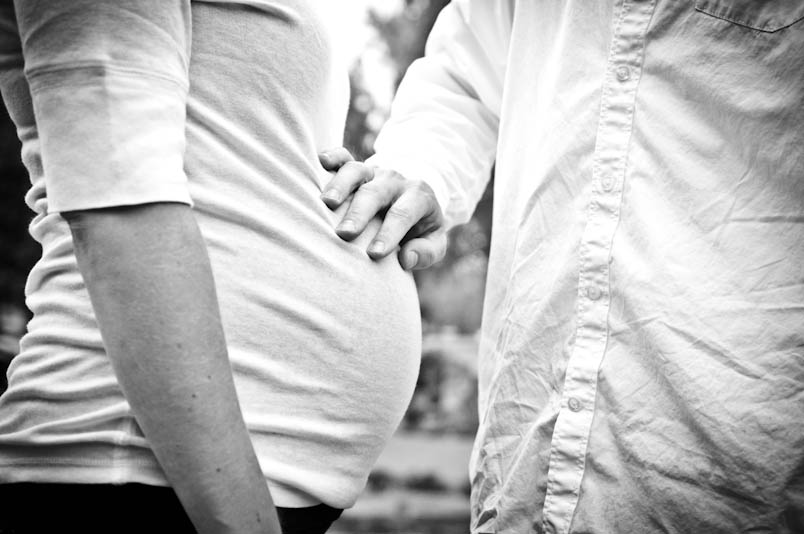“I remember my mother’s prayers and they have always followed me. They have clung to me all my life.” – Abraham Lincoln
I once watched a woman in my small group leave a church service with a look of devastation. Sometimes people forget that the clergy in the front of the church can see what you are doing. Because we stare at tv’s and the characters can’t see us, we get used to thinking there is always a fourth wall. Sometimes that can be a funny; I see people doing things that they have no idea anyone can see. From falling asleep to picking their nose, I’ve seen it all. Other times it can be hard to see serious things and not be able to do anything without drawing the attention of the entire congregation. As the woman left the service, she seemed distraught, and I wished that I could get off the stage and follow her out. I was worried that she was ill or that something devastating had just happened. I taught a bible study between services and was surprised to see her sitting in the room. It was pretty obvious that she had been crying. I approached her and asked if she was okay. “Yes” she said, “its just that Mother’s Day is always hard for me.” It was Mother’s Day, but I knew she had a great relationship with her mother and was surprised that this day would drive her to tears. She slowly began to share that she had always wanted children and that she and her husband had gone through countless procedures and spent lots of money trying to have a child. She said that every year the church does a special recognition for mothers, and it reminds her that she isn’t capable of having children. This particular year they had just learned in the week before that another procedure had failed. She felt like she was in some ways a failure as a woman. Her pain was visceral, and it caused me to rethink how we as the Church deal with days like Mother’s Day and the very idea of motherhood. How does our celebration of Mother’s Day affect those we minister to?
Mother’s Day isn’t a liturgical or church holiday, but we as pastors feel pressure to at least mention it. We don’t want to upset the moms, and one thing I’ve learned over my years in ministry is that you definitely don’t want to upset the grandmas. Strong grandmas are the backbone of many faith communities. But how we celebrate it or mention it can be damaging and I had not thought about that day was that until this woman shared her pain. Since then when we mention any cultural holiday I am aware of who is in the room and what message we are sending. Mother’s day is a secular holiday, but has the power to shape how we see our faith and our position in the faith community. I have begun to think of Mother’s Day as ‘Mothering Day:’ the day that we celebrate not just our biological mothers, but all of those women who have been a part of making us who we are; the people who have guided us along the way.
I think Mother’s Day, as a secular holiday, provides us a great opportunity to witness to how countercultural and fulfilling the Kingdom of God is. It is the day that I allow myself to explore the ways and times that God is referred to in a feminine way. Now I know that idea is scandalous to some folks, but when we look at the original language of the Bible, we discover that God has both male and female characteristics; and I think there is much to gain in allowing ourselves to see God as a beautiful fulfillment of both. God is often described as a Mother creating and giving birth (Hosea 11:3-4, Deuteronomy 32:18, Isaiah 66:13, Isaiah 49:15, Psalm131:2). God the Mother. What if we allow ourselves to pray to God as our Mother from time to time? How would that change our perception of God and mothering?
On “Mothering Day” I also like to spend time thinking about the amazing female Saints that have gone before us. The Church Mothers stand along side the Church Fathers. I have so much to learn from the strong women of the Bible and those who have since led the community of faith. We as a faith tradition have spent so much time focusing on the male Saints that sometimes we forget that Christ revealed himself first to a woman after his resurrection. Paul is often accused of being a chauvinist, but if you spend time in the scripture, you see that he valued women and in fact referred to some as pastors and deacons. Women have always had an important part of the faith.
There is something powerful in knowing that God celebrates women, whether or not they are mothers. So this Mother’s Day, I challenge those of us in leadership to remember that having children isn’t just a biological experience; that many of the woman around you have raised countless children in unofficial capacities. I also challenge us to remember that God isn’t just the Father but also the Mother, and as such, calls us to Mother in many different ways. This Mother’s Day let’s think of the women who have mentored us or provided us with some wisdom along the way and maybe take this day as a day to thank them. So happy Mother’s Day to Christine Heath and to the long list of women who have made me who I am today!

LEAVE A COMMENT